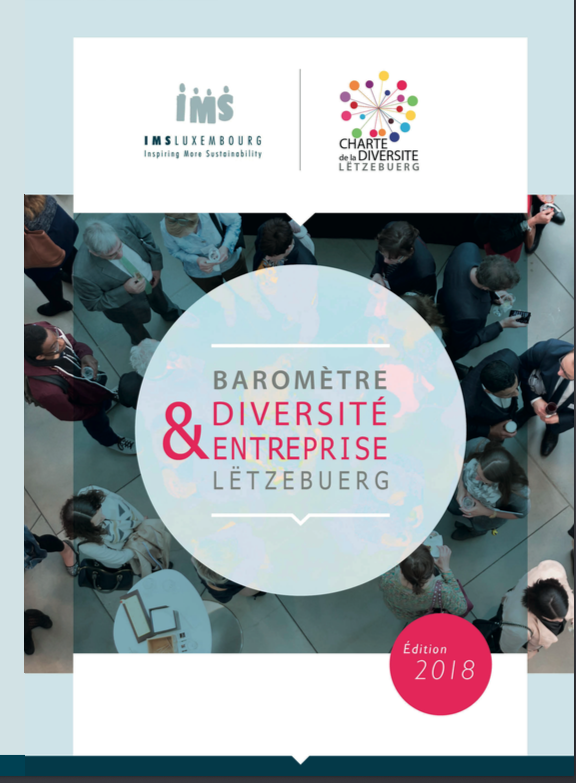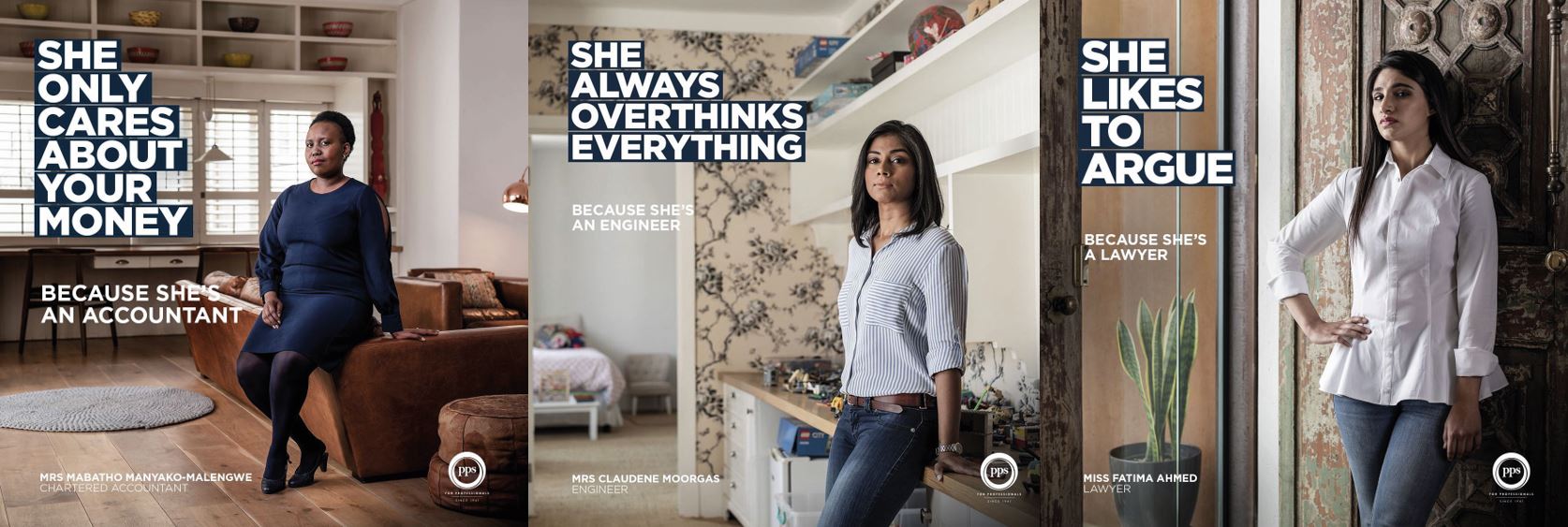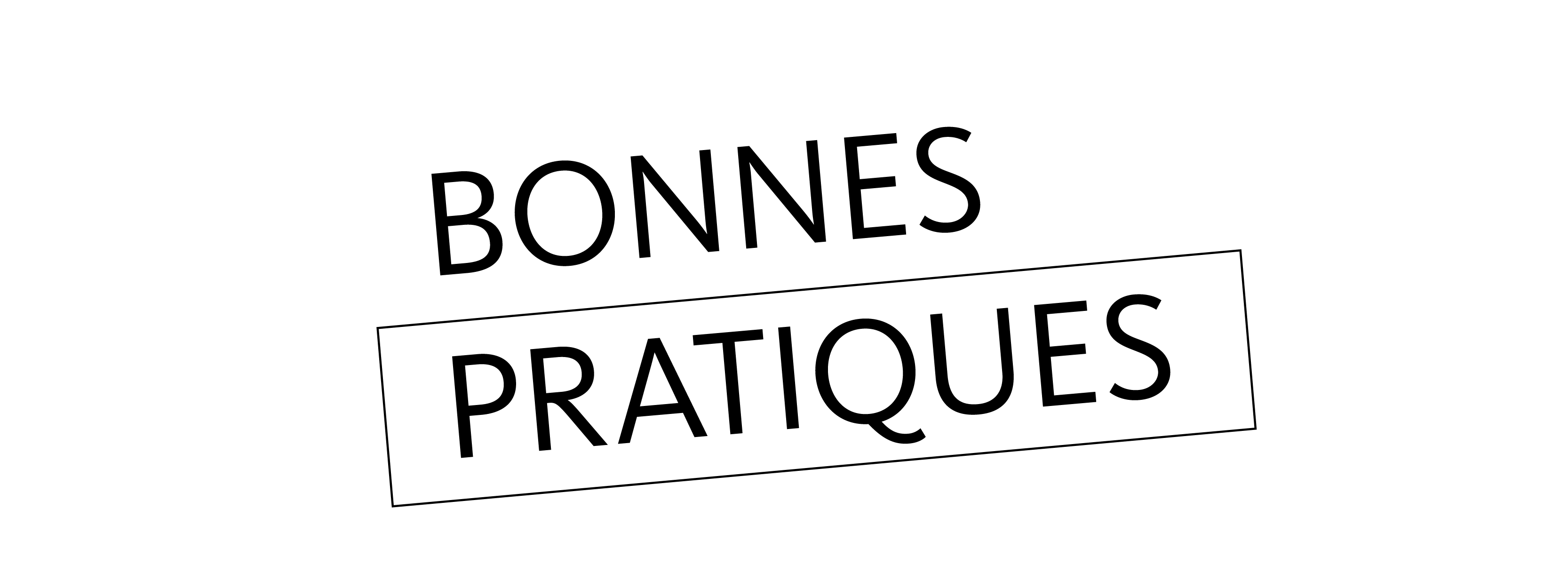So Cliché!
Updated on March 8, 2021
Illustration: Aurélien Mayer
Does leadership have a gender? Is ambition only for men? Some will say this is a rearguard action, and yet … the issue is very real and strongly rooted. Nowadays gender equality turns out to be a sweet illusion and still seems difficult to achieve in many areas, including namely the professional field. Still, this inequality concerns half of the overall population… What if it was first and foremost an image narrative? What if women’s trajectories were, in reality, strongly induced by the clichés they are affixed to?
This raises the question of mindsets and gender stereotypes that assign moral, social and/or functional characteristics to each other. These preconceived ideas, that depict men as leaders, ambitious and strong and women as kind, thoughtful, empathetic and weak, systematically infuse our representations. They are often constructed since childhood and live on in the workplace… There is a shared responsibility in their existence as well as a shared responsibility to rectify them.
Women in power
The image of careerist women in power all too often takes the form of stigmas, that can be bearers of self-censorship to many of them. If they do not adopt these characteristics, they are quickly judged as incompetent. We recall Trump’s notorious "She doesn’t have the look, she doesn’t have the stamina to be President" towards Hilary Clinton in the midst of the presidential campaign. This kind of remarks is quite frequently broken down to the professional world. This results in voluntary restraint that can prevent the emergence of female role models that are prey to a tenacious glass ceiling. What if the very male preconceived ideas of women leaders were just an example of their trying to compensate the social under-valuing of femininity by assimilating the male codes?
It is thus difficult to see leaders of the said “weaker sex” emerge. Today, women are 41.19% represented within decision-making bodies in Luxembourg (source: Gouvernement.lu). According to IMS Luxembourg’s “Diversity & Business” barometer 2018, 85% of the Diversity Charter signatories are active on the gender topic. However, and despite companies alignments with the legislation and the integration of a gender equality policy within their CSR strategy, women are still struggling to gain access to senior positions. This professional inequality can be explained by the lack of mechanisms to better reconcile private and professional life, by persistent pay gaps - 5.4% in Luxembourg and on average 16% within the EU member countries - but also by the belief that women have to demonstrate their skills more in order to break through the glass ceiling. All these causalities are built on ultra-stereotyped perceptions.
Credit: French National Education
Depreciated image and latent sexism
Women in business are too often labelled with extremely stereotyped characteristics. Listening, organised, chatty and superficial, less into technologies, less strategic or ambitious…The household sphere is relentlessly connected to them and their physical appearance is quite often commented as it is associated to their perceived value (see Raphaël Liogier’s interview). An imagery that easily confines them to limited roles. A perception which also induces differences in treatment, as well as an inappropriate use of language or behaviour at times. Women are thus confronted with sexism in all its forms; from everyday sexism that sometimes sneakily intrudes on turns of phrase without the intention to harm to hostile sexism, and even harassment. Yet, it is the company’s responsibility to protect its employees, the principles of equal treatment and non-discrimination being laid down in articles L.241-1 and L.251-1 of the Luxembourg Labour Code, the company thus must implement all the needed firewalls.
The myth of low self-esteem
Within the full range of the typical woman’s attributes, it is not uncommon to hear that she suffers from a chronic deficit of self-esteem which would constitute a major obstacle to her career development.
Admittedly, studies have highlighted the problematic phenomenon of self-censorship among women, related to the stereotype effects (see our interview of Ines Dauvergne). But as Patrick Scharnitzky who has collaborated on these research outlines, “Lack of self-esteem and self-censorship are not exactly the same thing. In one case, the person’s nature and maturity are questioned, in the other case, the question of behaviour in a given context is raised” (Eve, 2016). “We have indeed found that women executives’ self-esteem is as good as that of their male counterparts”, he confirms.
All of them superwomen
In such a context, all too often women force themselves to outperform in all activities. To meet the image of the “perfect woman”, they have to excel on all fronts like a multitasking acrobat: model mother, great planner of the everyday family life, dream wife and of course outstanding professional. In a nutshell, what author Marie Donzel named the “superwoman complex” in an article published in Eve. The consequence? A feeling of guilt to be torn between different worlds, to default on their obligations and to do things by halves. A mental workload and a tendency towards perfectionism can be deduced that might have effects on their well-being, but obviously also on their personal and professional journey, which are often less ambitious faced with managing the trivia of daily life. Marie Donzel drops the bomb; “Observing the admiring fascination or aggressive reaction the contemporary “superwoman” generates, one can wonder whether the “perfect woman” is not above all a useful figuration to the social control of women by women themselves.” She adds calling to a more diverse acceptation of femininity: “The myth of the superhero as we interpret it today tends to bring femininity back to trivialities while feeding the mistrust or even criticism towards successful women.” The myth of the superwoman thus ironically spreads the ingredients of a certain self-censorship. Therefore, the perception women have of themselves and which is encouraged by the feminine imagery that is over and over broadcasted by the media is also to be questioned.
The central role of the media
Unfortunately, many information channels still broadcast too many unqualified views. The key issue henceforth is to raise awareness on the media’s influence as well as their willingness to strengthen their own responsibility towards more transparent and diversified messaging.
In Luxembourg, a study carried out by the CID Fraen an Gender and the Luxembourg National Women’s Council in the framework of an international campaign (Global Media Monitoring Project), reveals that women only represent 24% of the people described in the news of Luxembourg media in 2015, regardless of the media format. Given women’s increasing participation in the economic and political life, this rate cannot be satisfying. Information channels are supposed to reflect reality and make a diversity of voices heard; thus they play a key role in reaching the gender equality goal (see on this topic Laura Jones’ interview). Women are particularly lacking in media coverage regarding prestigious topics related to power such as politics and economy. The study also reveals that women are at the core of the information in only 4% of the cases and that in general topics like women’s rights, gender inequalities and the fight against stereotypes have very little coverage.
"Change perspective"
It would be crucial to fight the valuing and devaluing effects of gender stereotypes, to assert each woman’s uniqueness, to make the diversity of femininity (and masculinity!) visible, and ultimately to question the collective vision of leadership. Means of action do exist and many companies have implemented corrective mechanisms.
It is this enormous mountain that the Ministry of Equal Opportunities is also tackling by launching the Positive Actions program whose ambition is to support an inclusive economy and an egalitarian society. On December 9, 2020, the Minister of Equality thus congratulated, during a a live broadcast ceremony, the companies supported by this program and which have developed concrete actions for gender equality in the workplace over the last two to three years.
Despite progress in some fields, gender equality is still far from being reached. This is what the Council of Europe’s report on the new gender equality strategy 2018-2023 highlights. “Although there is progress and the legal status of women in Europe has undoubtedly improved over the last decades, the effective equality between women and men is still far from being a reality.” Persistent inequalities are based on cultural and cognitive structures that are strongly rooted.
To shift the lines, it is necessary to tackle the representation issue to accept a plurality of feminine and masculine non normed identities. Achieving more gender equality means thus getting on with substantive work and this, on all fronts, within the public and private spheres as well as within companies, where the issues linked to power and leadership are particularly vivid.
Did you say Positive Actions?
In Luxembourg, the government adopted a national action plan for equality of women and men in 2006, providing incentives concrete actions such as positive actions that cover three priority themes, namely:
- equal treatment of women and men (recruitment; training and qualification; remuneration; culture of the company; sexual and moral harassment)
- equality of women and men in decision-making (training and promotion professional; equal participation in the decision making)
- equality of women and men in reconciliation of working life and private life (organisation of work; professional reintegration; reconciliation of a managerial function and private life).
Did you know?
#NoWomenNoPanel: The promise of balance
A think tank on gender complementarity launched the MyPledge initiative last April. Companies (as stakeholders) and participants are called upon to commit themselves in defending gender diversity during panel discussions. and public events, to ensure gender representation that reflects the economic reality. Lack of diversity in such events may limit the quality of the exchanges and their conclusions. Political and business leaders are thus committed to raising awareness on the gender issue among the organisers. IMS Luxembourg joined MyPledge to promote better representation of women on the panels.
The "Diversity & Enterprise" Barometer, whose next edition will be released in November 2021, is published every three years by IMS Luxembourg. It reports on steps taken by the signatories of the Diversity Charter Lëtzebuerg in terms of the management of the diversity.
- On average, there are 34% of women in a position of high responsibility within organisations signatories of the Charter (then that they represent 52% of the workforce)
- The Boards of Directors are 69% compounded overall of men and 31% of women
- 23% of Boards of Directors are composed of more women as many men
The "Diversity & Enterprise" Barometer, whose next edition will be released in November 2021, is published every three years by IMS Luxembourg. It reports on steps taken by the signatories of the Diversity Charter Lëtzebuerg in terms of the management of the diversity.
- On average, there are 34% of women in a position of high responsibility within organisations signatories of the Charter (then that they represent 52% of the workforce)
- The Boards of Directors are 69% compounded overall of men and 31% of women
- 23% of Boards of Directors are composed of more women as many men
To be read also in the dossier "True to Women?":










